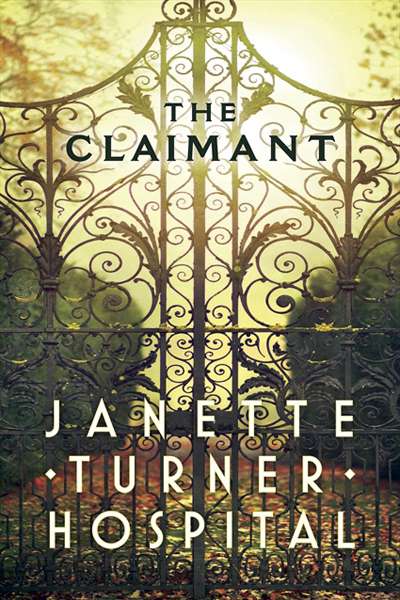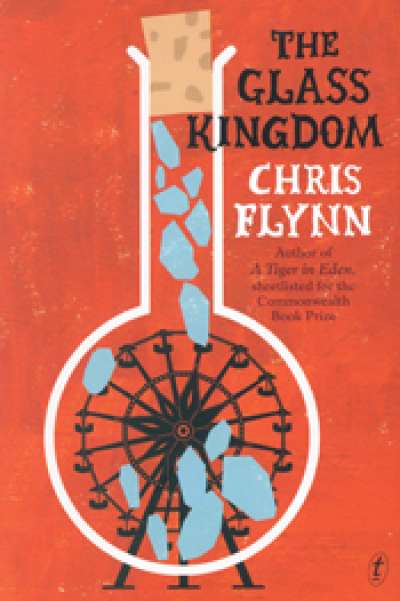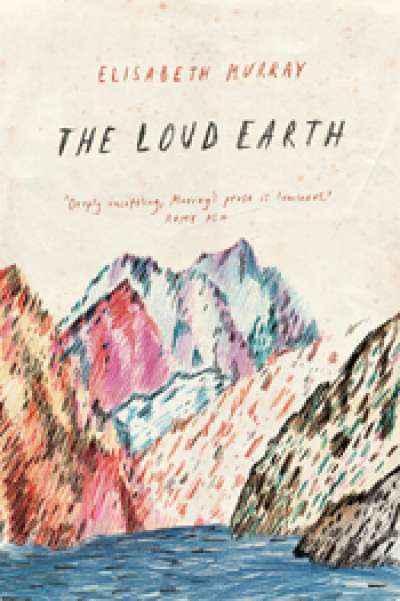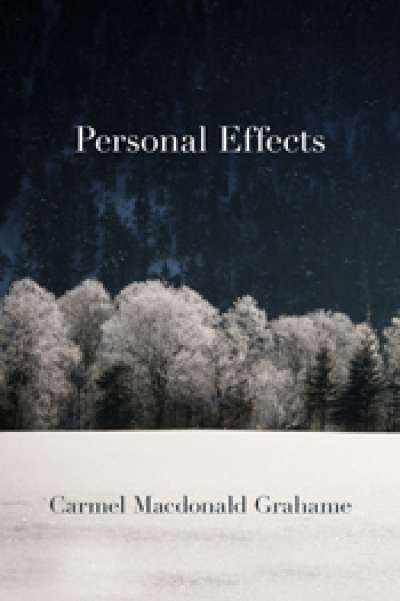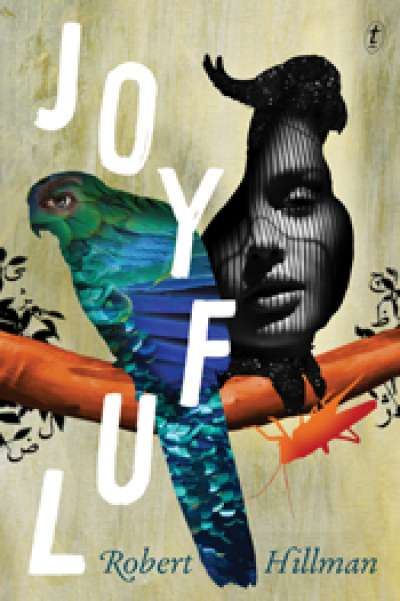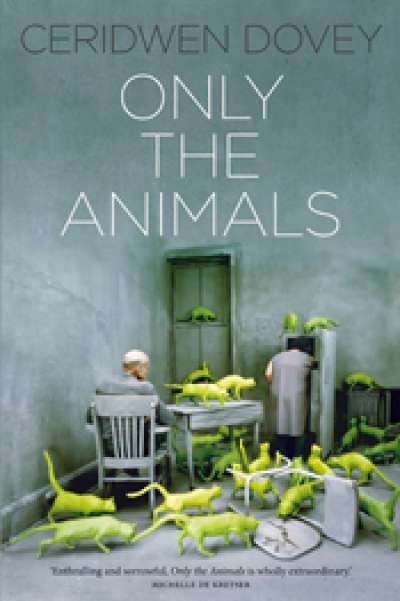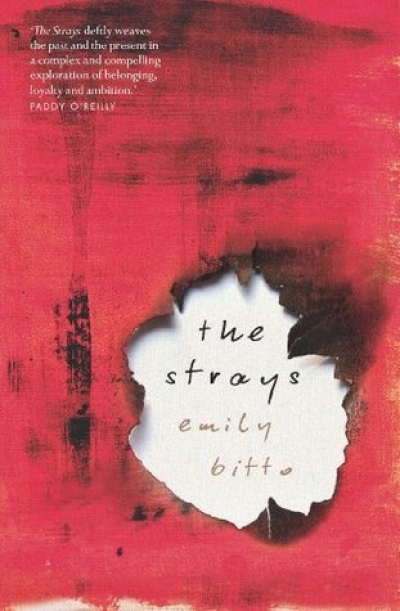Fiction
‘You acquired the habit of disguise and now you can’t shed it.’ This observation, made by a nameless old man to Lilith Goldberg, one of the three main protagonists of The Claimant, lies at the heart of the novel, though it shares that vibrantly beating heart with much else: the implications and intricacies of privilege; the iron grip of lineage; the complexities of naming and identity; the relentlessly resurfacing dramas of the personal past; unchangeable and beyond erasure; and the persistence of the essential self, which no guiles, stratagems or journeyings will suppress or alter.
... (read more)With his first novel, Tiger in Eden (2012), Chris Flynn displayed an acute ear for the vernacular that was occasionally profane and equally poetic. This quality continues in his new novel, The Glass Kingdom, particularly through the central characters, Ben and Mikey. Both men are misfits of the first order. Ben, the older of the pair, runs a sideshow alley game, Target Ball, for a motley travelling carnival making its way through the backblocks of rural New South Wales, fleecing the locals and getting into the occasional bar-room brawl, all while running a relatively lucrative methamphetamine trade.
... (read more)Some of the wildly successful historical novels of Richard Harris are counter-factual, like Fatherland (1992), which assumes a successful Nazi invasion of Britain. By contrast, his most recent work, An Officer and a Spy (2013), builds on a highly detailed account of the Dreyfus affair, which convulsed France in the late nineteenth and early twentieth centuries ...
... (read more)The unnamed narrator of The Loud Earth lives the hermit life of the shunned. Her parents were murdered. She was acquitted of the crime, but small-town mentality condemns her nonetheless. She retires to a cabin in the mountains overlooking the town’s lake, and seems content to remain there until Hannah arrives at her door. Hannah, not of the town and thus not yet indoctrinated by the townsfolk into assuming the narrator’s guilt, brings new life to the recluse. The two fall into a relationship, but Hannah threatens to wreck the delusive barriers the narrator has erected to protect herself.
... (read more)A woman, married but alone, stands at a window in a high-rise apartment in Calgary watching the snow fall. Later she might unpack a carton, go out to eat, go to bed. That is about all that happens in the present time in Grahame’s Personal Effects. The rest is memory. This woman, Lilith, from a coastal town in Western Australia, ruminates on a life story filled perhaps with more loss than than most Australians have to endure, but also with plenty of love to balance, if not compensate. There is her beloved husband, Ross, and two impressive daughters. Lilith’s mosaics provide the central image for the book. ‘Journal Fragments’ from various periods of her adult life splinter the narrative, inviting comparison between her artworks’ composition from sharp-edged shards and her story’s construction from episodes of painful loss.
... (read more)While it may not be a novel’s main purpose, certainly one of its pleasures can lie in how it witnesses the history of the form itself. All novels reveal something of the genealogy from which they emerge, their debt to past traditions and ways of storytelling. Rather as is the case with families, sometimes the further back you go the more striking the resemblance becomes.
Robert Hillman’s Joyful is most immediately a nineteenth-century novel, a detailed work that portrays an entire, sealed world of complex and ultimately connected storylines. The cultural setting is realised in a wonderfully rich Victorian style. Extended studies of social manners, quotes from journals and letters, and the aligning of characters with their passions for books, poetry and music, clothing, all produce a social world that is not only vivid but also ripe for commentary and debate. In this way, the work can stand as a tribute to the likes of Trollope and Hardy, and the combination of the personal and political that they perfected.
... (read more)Science fiction, for all its association with wild technology and alien cultures, has always concerned itself with the state of the world as it is now, using future possibilities as a lens through which to examine current issues. Louis Armand is clearly fascinated by the way our world is shaped and the way we shape our place within it; in addition to his previous novels, he has written or curated essays on literate technologies, on the avant-garde in a post-structuralist world, on pornography and bodily existence. So it makes sense that in his latest novel, Cairo, Armand has turned to cyberpunk, the dirtier, angrier child of science fiction, to examine questions of the environment, perception, identity, and time.
... (read more)One of the animal narrators in Ceridwen Dovey’s Only the Animals, a dolphin named Sprout who is writing to Sylvia Plath, quotes Nobel Prize-winner Elias Canetti: ‘whenever you observe an animal closely, you feel as if a human being sitting inside were making fun of you.’ The ten animal souls whose thematically interwoven stories Dovey recounts do not simply ‘make fun’ of humans (far from it), but Canetti’s image of the ‘human sitting inside’ nevertheless provides an apposite introduction to Dovey’s project as a whole. Here each animal protagonist is an unashamedly literary, anthropomorphised invention, with physical and behavioural characteristics of its species grafted on in service to its creator’s startlingly original and imaginative design.
... (read more)Lily, the cautious girl at the heart of Emily Bitto’s début novel, The Strays, is befriended on the first day of school by Eva, the daughter of artists Evan and Helena Trentham. Lily’s deep connection with her ‘leg sister’ (so called because their limbs often become entangled in sleep) places her on the periphery of a colony of unconventional artists. This violable combination of artistic temperaments works well for a time, until a secret alters everything.
... (read more)Félix Calvino’s short novel tells the story of a young man who moves to Australia to escape Franco’s Spain. The strange thing about the book (given that its author has spent so long in Australia) is how unlike contemporary Australian literature it is. David Malouf has championed Calvino, but then there has always been something essentially Mediterranean about the author of Ransom. Flaubert was uncompromising in his belief that the author’s opinions and even ideas should remain absent from a work of literary art. If the French master thought the novel of ideas was a degraded thing, what would he have thought of the Australian ‘novel of issues’, the books (we all know them) that might have been written off the back of an episode of Q&A. Alfonso bolsters no Australian cultural myths, nor does it succumb to the equally tiresome genre that is ‘myth debunking’.
... (read more)

